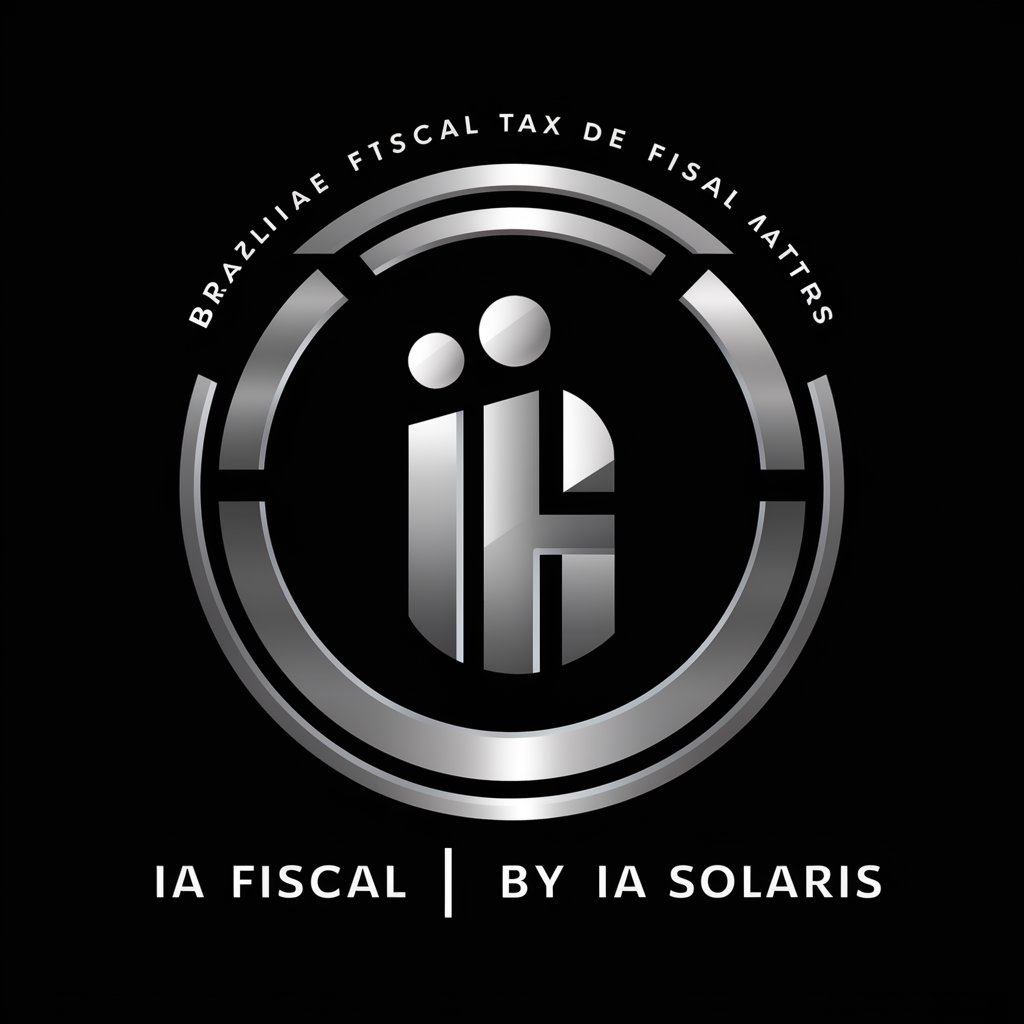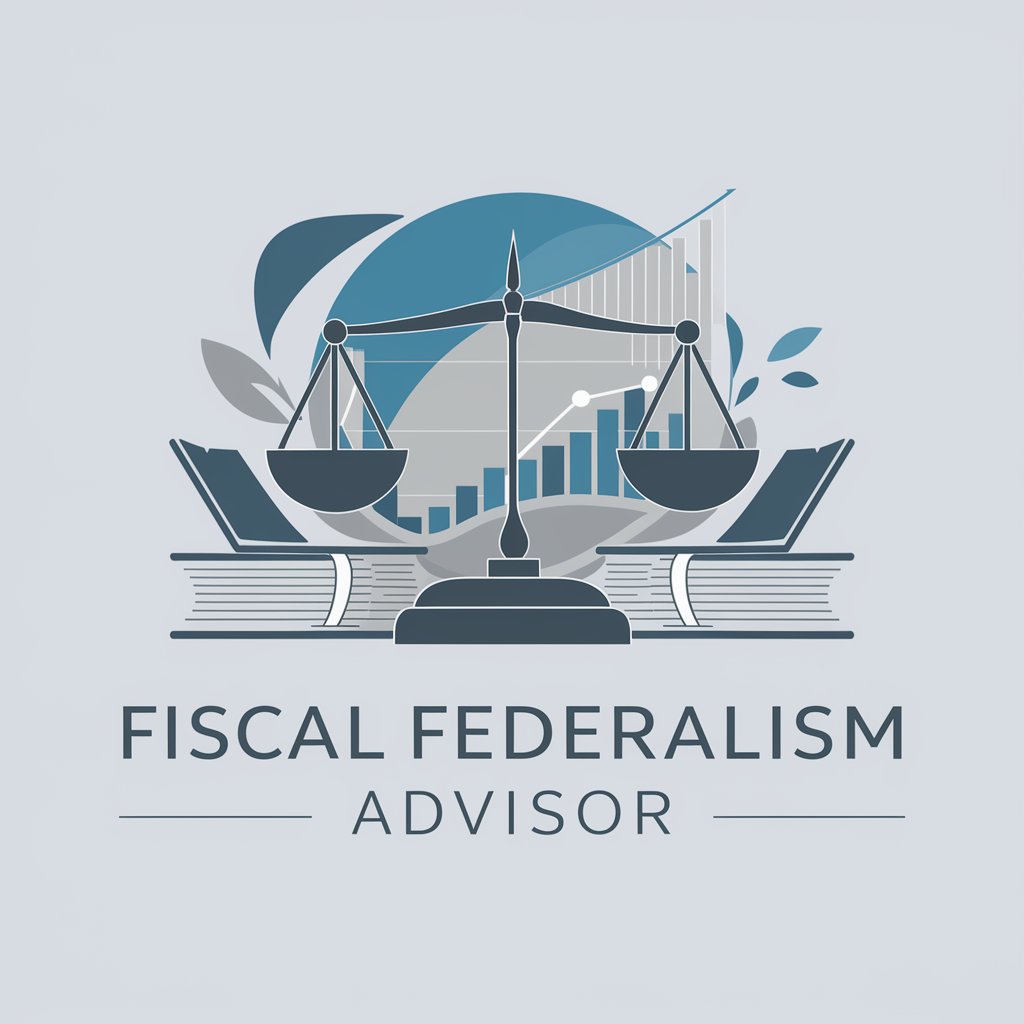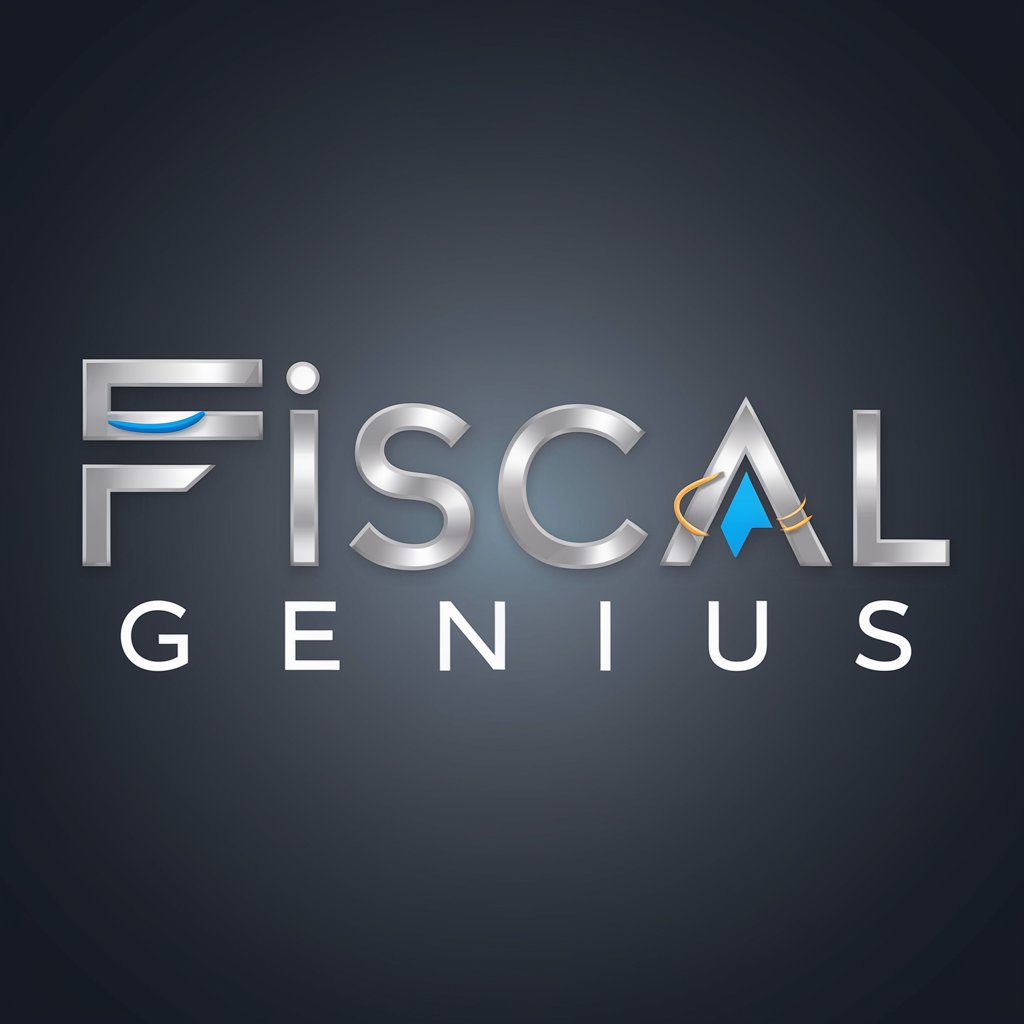
Fiscal Policy - Fiscal Policy Insights

Welcome! Let's dive into international fiscal policy analysis.
Powering Economic Decisions with AI
Analyze the impact of fiscal policy on global economic growth in the last five years.
Discuss the role of fiscal measures in mitigating the effects of the COVID-19 pandemic.
Evaluate the sustainability of public debt in emerging markets.
Examine tax policy reforms aimed at enhancing fiscal sustainability.
Get Embed Code
Introduction to Fiscal Policy
Fiscal Policy is a specialized AI model designed to analyze and answer questions about international fiscal policy using IMF data from 2018 to 2023. Its focus includes fiscal sustainability, public debt, tax policy, and government spending. Examples of its utility include analyzing the impact of government responses to the COVID-19 pandemic on public finances, exploring fiscal measures to mitigate climate change, and evaluating the effectiveness of fiscal policies in stimulating economic growth during recessions. Powered by ChatGPT-4o。

Main Functions of Fiscal Policy
Analysis of Fiscal Sustainability
Example
Examining the long-term viability of public finances under current fiscal policies
Scenario
Assessing how planned fiscal measures, such as increased public investment, might affect the sustainability of debt levels in different economies.
Evaluation of Tax Policies
Example
Studying the impact of proposed tax reforms on revenue generation and economic equity
Scenario
Analyzing the effects of carbon taxes on reducing fossil fuel dependence and generating fiscal revenues.
Monitoring Public Debt
Example
Tracking changes in public debt levels across countries
Scenario
Reviewing the implications of high public debt in emerging markets and proposing strategies to manage debt crises.
Guidance on Government Spending
Example
Advising on the allocation of government resources to maximize economic impact
Scenario
Providing insights into how investment in infrastructure and healthcare can support economic recovery post-pandemic.
Ideal Users of Fiscal Policy Services
Policy Makers
Government officials and regulators who can use insights to craft policies that ensure fiscal health and stimulate economic growth.
Academic Researchers
Economists and scholars studying fiscal policy impacts, seeking detailed data and analytical tools for research purposes.
Financial Analysts
Professionals in financial services and consulting who require accurate fiscal data and forecasts to advise clients or inform market strategies.
NGOs and International Bodies
Organizations like the IMF or World Bank, and non-profits working in economic development that need to understand the impact of fiscal policies to guide their initiatives.

Usage Guidelines for Fiscal Policy
Access the Service
Visit yeschat.ai for a free trial without login, also no need for ChatGPT Plus.
Choose a Topic
Select a fiscal policy topic such as public debt, tax policy, or government spending relevant to your interests or research needs.
Analyze Data
Utilize the data analysis features to examine fiscal trends, compare policies across countries, and understand economic impacts.
Apply Findings
Apply insights gained from the platform to academic research, policy development, or investment decisions.
Stay Informed
Regularly check for updates on fiscal policies and global economic conditions to stay informed about changes that could impact your area of interest.
Try other advanced and practical GPTs
Policy Architect
AI-powered Privacy Policy Crafting

Policy Sage
AI-driven policy insights at your fingertips
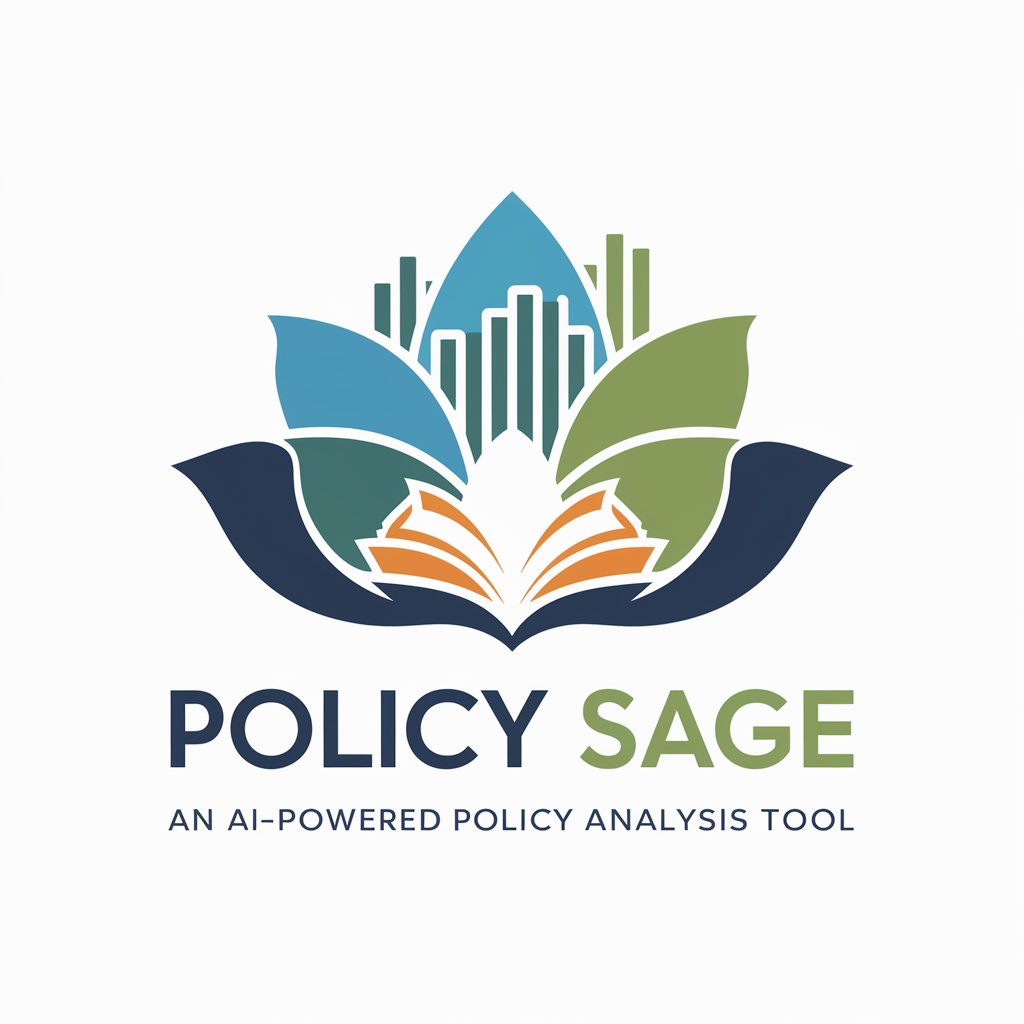
Policy Assistant
Streamline Policy Management with AI
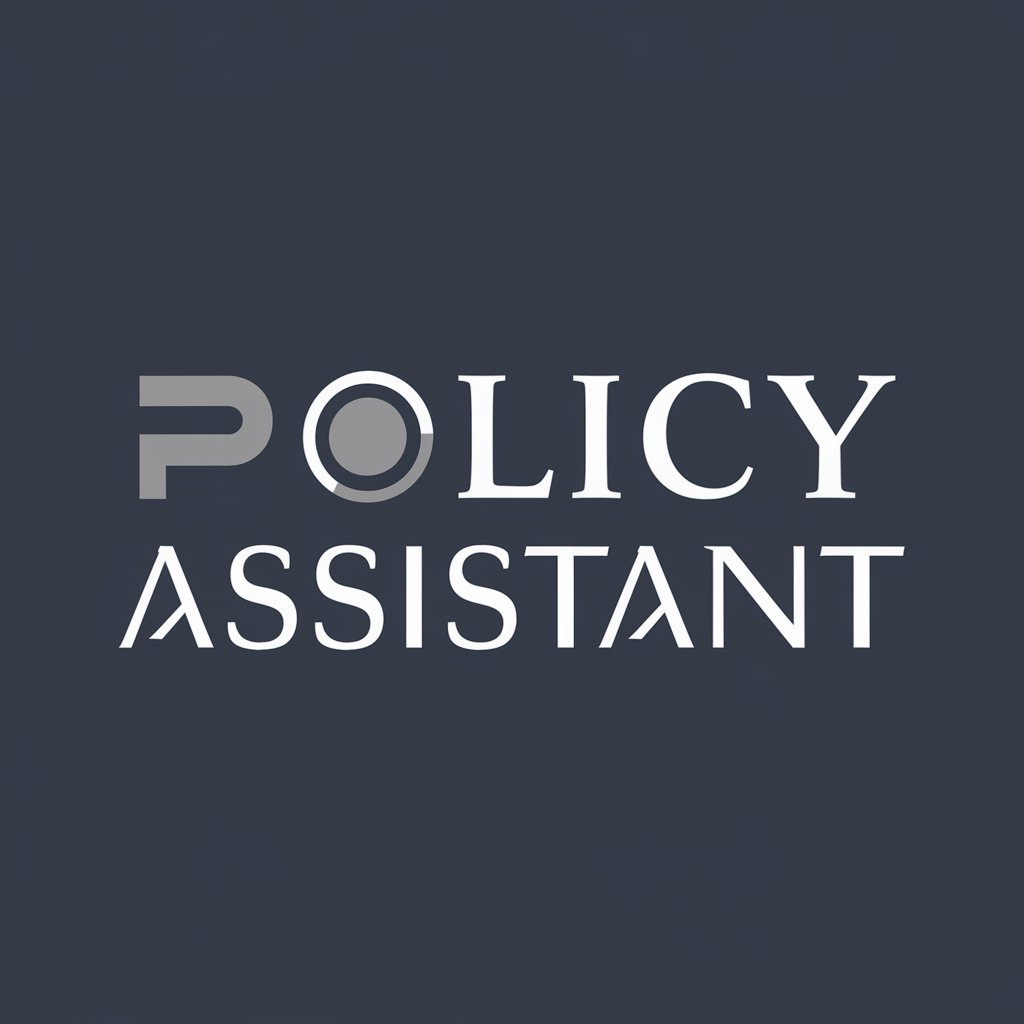
Public policy
Empowering Policy Insights with AI

Policy Explainer
Demystifying policies with AI precision.
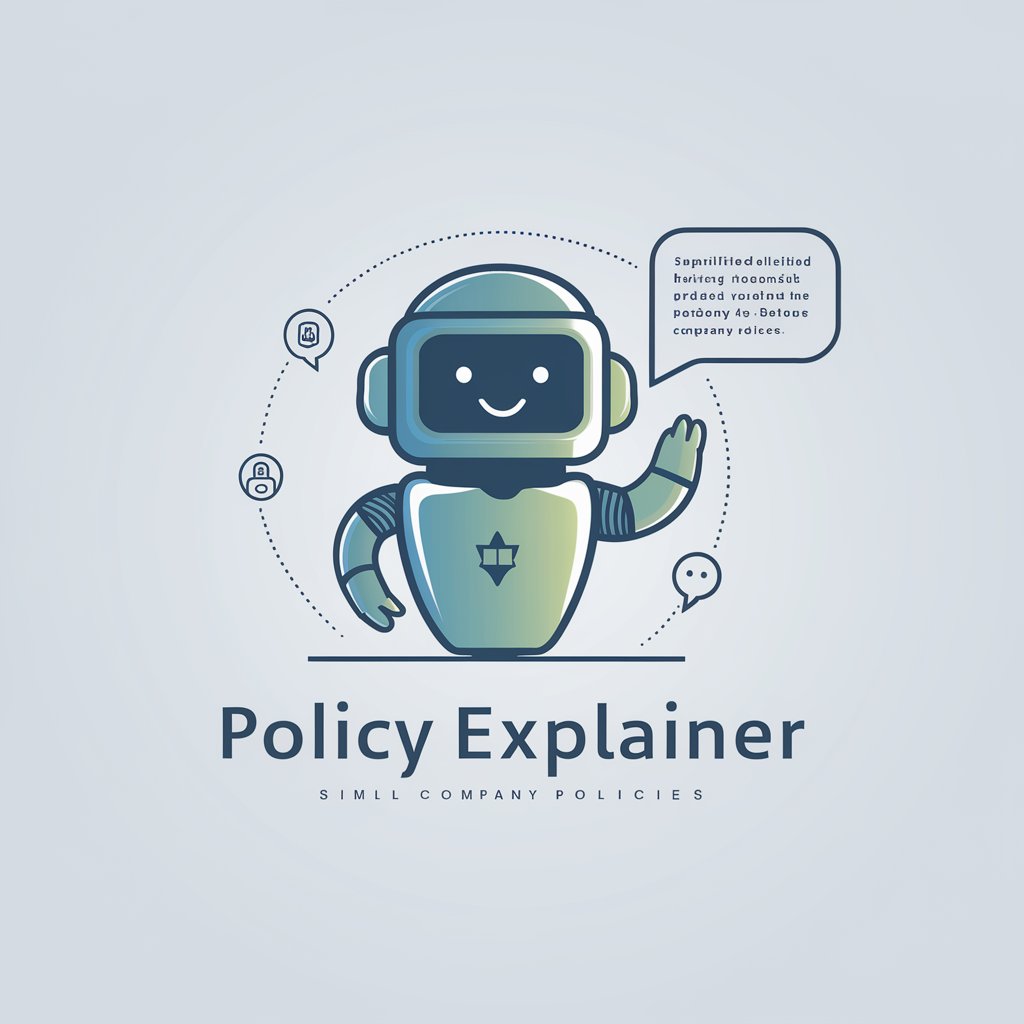
Policy Expert
Streamlining Policy Management with AI

Policy Analyzer
Simplifying privacy, one policy at a time.
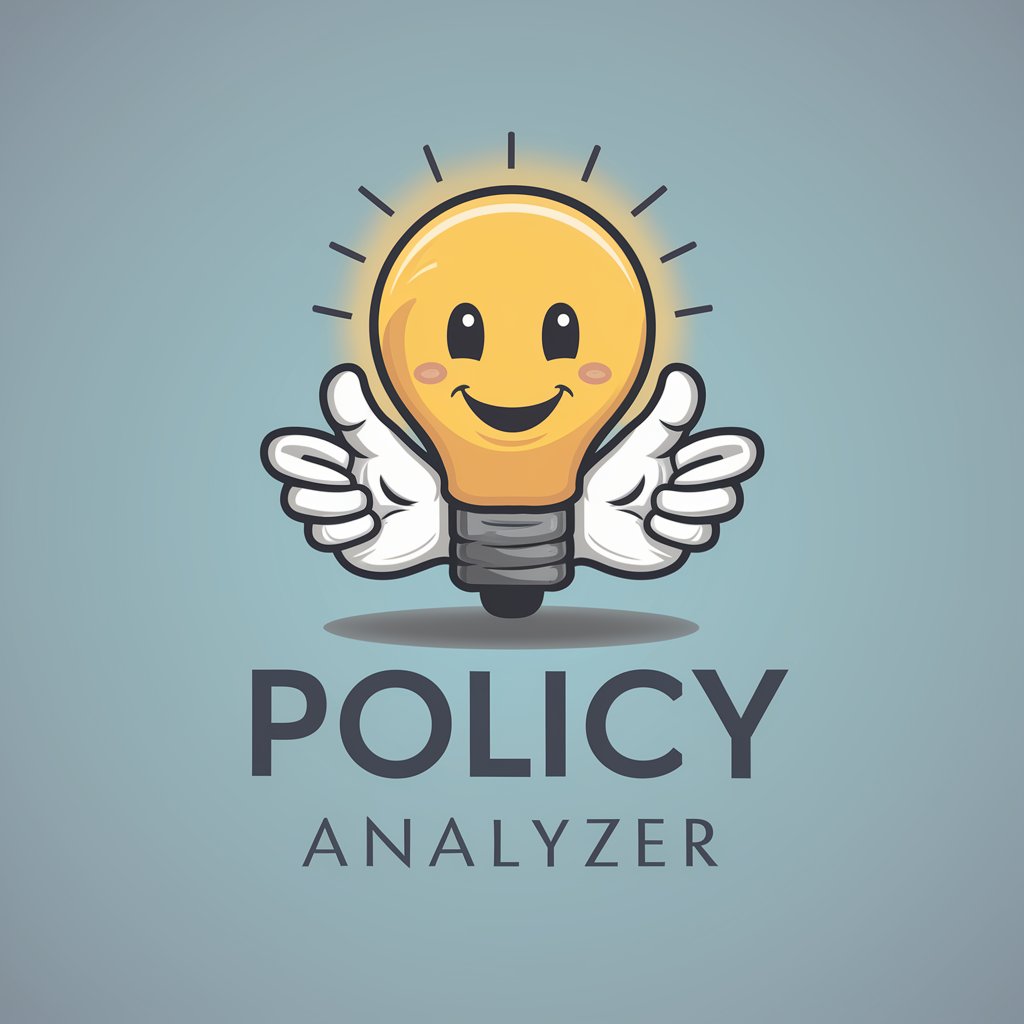
Policy Navigator
Simplifying Policy, Empowering Decisions
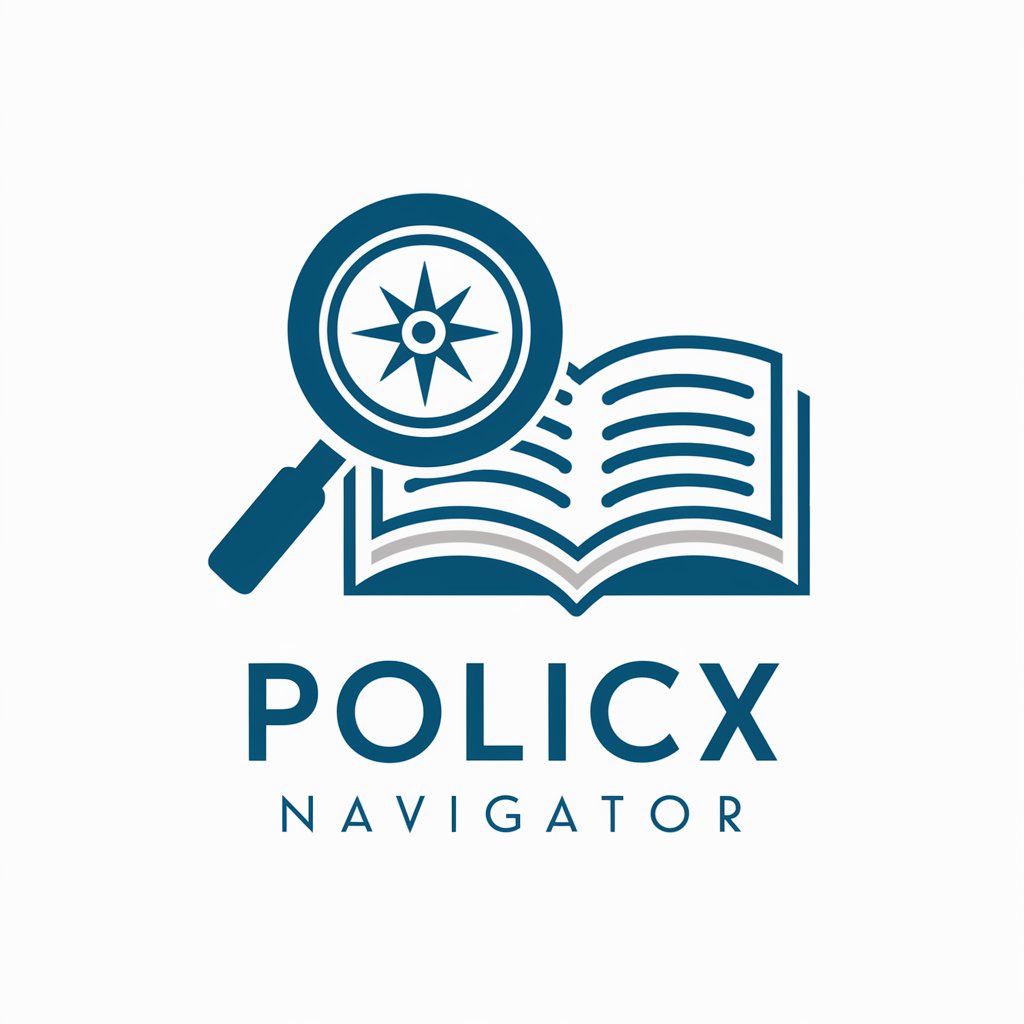
Policy Navigator
Navigate Policy Landscapes with AI-powered Precision
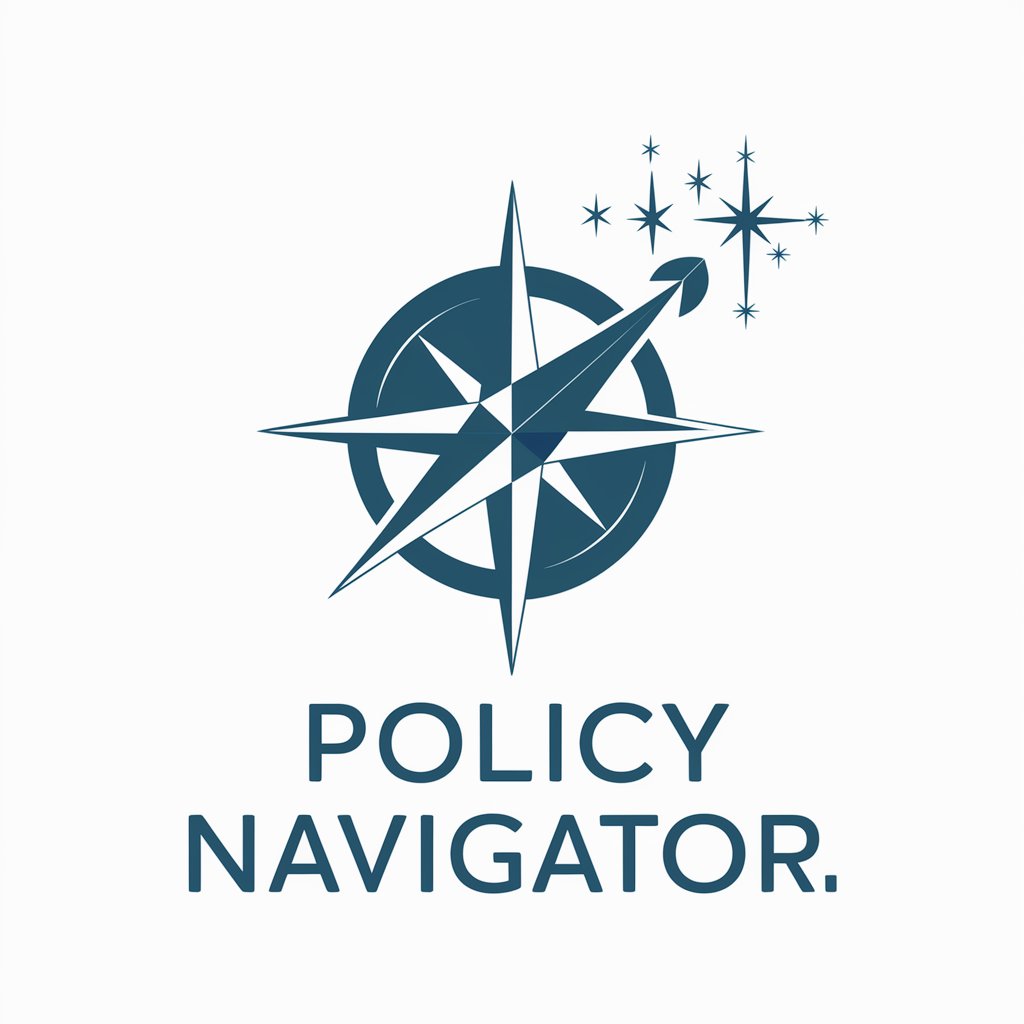
Policy Advisor
AI-driven insights for policy innovation

Housing and Employment Helper
Empowering through AI-driven support

夫婦問題 AI
Empowering Couples with AI-driven Insights

Detailed Q&A about Fiscal Policy
What is fiscal sustainability?
Fiscal sustainability refers to the ability of a government to sustain its current spending, tax, and other policy initiatives without risking insolvency or default in the future.
How does public debt affect economic growth?
High levels of public debt may impede economic growth by increasing borrowing costs, reducing the amount of capital available for private investment, and necessitating higher taxes or reduced public spending.
What role does tax policy play in economic stability?
Tax policy helps to stabilize the economy by generating revenue for government spending on public goods and services, influencing business investments, and redistributing income to support social equity.
Can government spending stimulate economic recovery?
Yes, government spending can act as a stimulus for economic recovery by increasing demand through direct purchases of goods and services, supporting incomes via transfers, and investing in infrastructure to boost productivity.
What are automatic stabilizers in fiscal policy?
Automatic stabilizers are economic policies and programs that increase spending or decrease taxes automatically without additional governmental action, thus stabilizing economic cycles. Examples include unemployment insurance and progressive tax systems.

